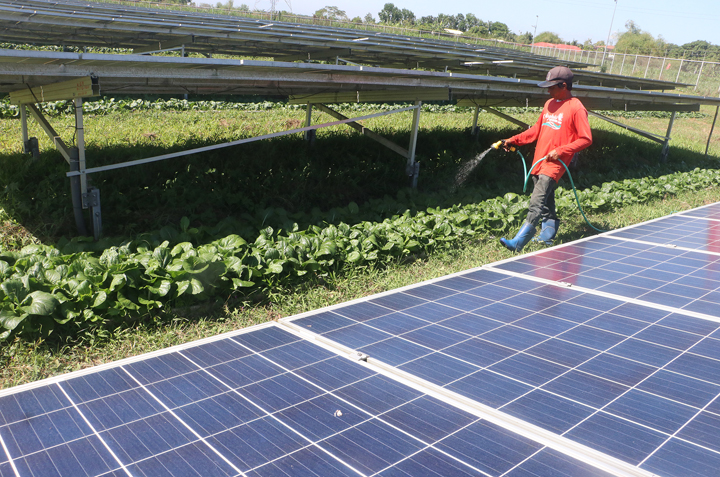Southeast Asia’s top forestry officials will gather in the Philippines this month for the 22nd Asean Senior Officials on Forestry (ASOF) Meeting that aims to strengthen regional forestry cooperation.
The meeting, from July 15 to 20 in Makati City and organized by the Forest Management Bureau (FMB) of the Department of Environment and Natural Resources (DENR), will bring together forestry leaders from the 10-member Asean to discuss measures toward sustainable forest management and addressing transboundary forest threats.
It also marks the start of the country’s yearlong chairmanship of the biggest forestry conference and initiative in the region.
From July 15 to 16, the Asean Working Group on Forest Products will hold its 22nd meeting with focus on enhancing regional cooperation on forest products development, and getting Asean countries align with global standards that address the environmental, social and economic integrity of regional forests and forest resources. The meeting also supports the development of medicinal and aromatic plant industries, including their conservation and sustainable use.
The six-day ASOF event will end with an international seminar on current issues affecting forestry and forest products, which carries the theme: “Forestry Beyond Forests.”
The topics include Payment for Ecosystem Services, ecotourism as a viable mechanism in sustaining biodiversity, and the benefits gained by forest communities from PES.
PES is an instrument designed to change practices of people that damage the environment so that they can provide valuable services to others and help improve environmental conditions.
In forestry, PES may involve entering into an arrangement with people or groups where they will be paid a certain amount to plant trees instead of cutting them down. This gives them a source of income while they help increase forest cover.
Forests contribute to the achievement of multiple Sustainable Development Goals set by the United Nations. These include SDG 6, Clean Water and Sanitation for all People; SDG 13, Climate Action; and SDG 15, Life on Land.
As of 2010, the Philippines’s total forest cover was estimated at 6.840 million hectares.
































